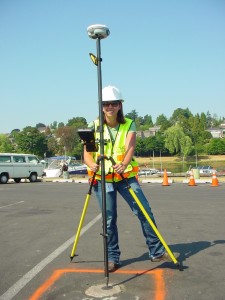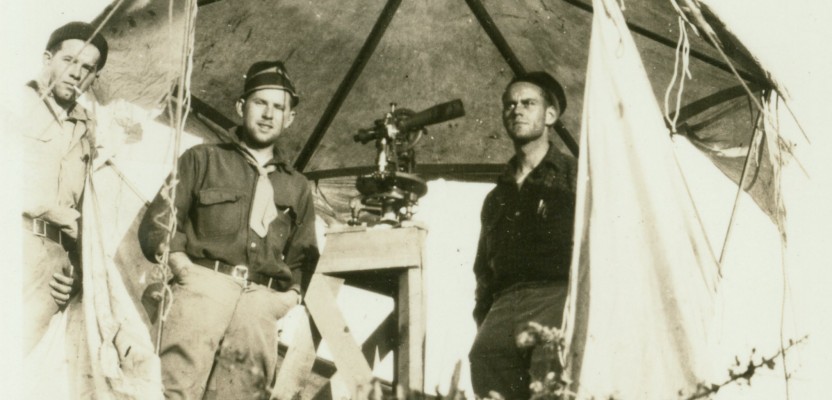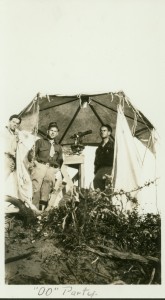As I was recently completing the comprehensive NSPS questionnaire developed as a follow-up to the Forum on the Future of Surveying (see Multiple Choices by Gavin Schrock, PLS), I found myself contemplating the many descriptions of land surveyors included along the way. After completing the questionnaire and providing some personal feedback, I couldn’t help but think on this topic more over the next few days.
 Now, I realize that the discipline of land surveying covers a wide range of practice areas. Very few surveyors ever touch on all, or most, of them during the course of their careers, except perhaps preparing for the licensing exams and/or doing college-level course work. Therefore, my own definition of a land surveyor is a blend, based on my experiences, of many things from across the spectrum, some common, some unique, but all applicable, I believe.
Now, I realize that the discipline of land surveying covers a wide range of practice areas. Very few surveyors ever touch on all, or most, of them during the course of their careers, except perhaps preparing for the licensing exams and/or doing college-level course work. Therefore, my own definition of a land surveyor is a blend, based on my experiences, of many things from across the spectrum, some common, some unique, but all applicable, I believe.
To be an accomplished professional land surveyor requires a broad range of skills, knowledge,attributes, and abilities.
We must enjoy, or at least endure, working in the outdoors, often in physically demanding conditions,possibly even dangerous at times. We deal with less-than-pleasant flora and fauna capable of causing us harm or worse. We have to have a little survivalist, pioneer-type demeanor in us. Often, where we go is not optional. It is where the work is, where the corner falls. It’s not a casual stroll through nature.
We must be part detective, part forensic scientist, and part puzzle masters. We have to be researchers,historians, and interviewers. We must have a working understanding of the laws that govern and regulate our profession and case law and legal principles as they apply to our unique role as boundary determination experts.
We are mediators, negotiators, problem solvers, and mathematicians. We are mentors, consultants, and educators. We serve as quality control for designers. We are part-time geodesists and business people. We arrive at decisions driven by the facts, the evidence, and the findings, regardless of who is paying the bill. We own those decisions.
We are licensed professionals who work very hard to obtain and maintain that status.
We have to be dynamic and fluid to stay competent, even highly skilled users of the rapidly changing tools and technologies that we use every day. From data-collection devices to complex software applications, we have to be technically savvy to remain relevant. Adapt or die.
I am sure that everyone who reads this could add other things that we are, or must be. I have never attempted to capture these thoughts in a comprehensive manner before. But,now that I have, I find it no wonder why I have been captivated, stimulated, and greatly rewarded from having spent almost 39 years in the profession of land surveying and why I have found my peers to be such great people,because they too are all of these things.
What I don’t understand is: Why wouldn’t everyone want to be a land surveyor?


